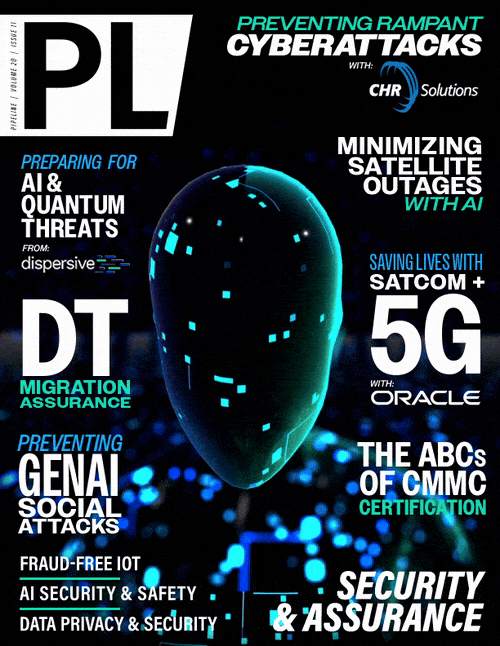The Role of Community in AI Safety: How
Open Source Projects Are Leading the Way
CoSAI’s initiatives focus on the secure deployment of AI, addressing the often-overlooked aspect of AI cybersecurity. As AI systems become more sophisticated, they are increasingly targeted by cyber threats. An AI model that is not secure can be manipulated to produce incorrect results, or it could become a vector for data breaches. CoSAI addresses these issues by promoting best practices for AI security, thereby reducing vulnerabilities and ensuring that AI systems can be trusted in real-world applications.
These open source initiatives set a precedent for how AI can be developed with public interest in mind. By inviting diverse participation, from academia to independent developers to enterprise contributors, they are establishing frameworks that prioritize safety, fairness, and transparency, while also accelerating innovation.
Work done by open forums like MLCommons often serve as benchmarks which frontier model providers use to compare their models against others available in the marketplace. By participating in such forums, companies can stay up to date with cutting-edge advancements, maintain competitive performance, and ensure their models are compliant with ethical standards, all while contributing to a community that values progress through openness.
The Role of Open Source in Building Trust
Trust is foundational to the acceptance and success of AI. Many stakeholders, including consumers, regulators and enterprises, need to be confident that AI systems are developed and deployed responsibly. Open source AI projects play a significant role in fostering this trust by ensuring that AI technologies are transparent and open to scrutiny.
When the underlying code of an AI model is openly available, it can be reviewed by anyone interested. This transparency allows for the identification of potential flaws, biases or safety risks before these issues have a chance to cause harm. Community-driven oversight ensures that more sets of eyes are examining the code, which leads to higher quality and more reliable AI systems. Open source projects thus embody the spirit of collaborative problem solving, where challenges are addressed not just by a single organization but by an entire community.
Open source initiatives also democratize access to AI technologies. By making tools, datasets and models freely available, these projects reduce barriers to entry and enable smaller organizations, academic institutions, and individual developers to participate in AI development. This democratization is essential for ensuring that AI benefits are broadly shared, and that the technology does not become the exclusive domain of a few large corporations. Through open participation, diverse voices can contribute to shaping AI systems that are more equitable and better aligned with the needs of different communities.
Diverse Perspectives for Better AI Outcomes
One of the greatest advantages of community-driven AI development is the incorporation of diverse perspectives. AI models are only as good as the data they are trained on and the teams that develop them. When AI systems are developed behind closed doors, there is a risk that they may inadvertently perpetuate biases, leading to outcomes that could harm underrepresented groups or introduce systemic inequities. By contrast, open source projects benefit from a wide range of contributors with different backgrounds, expertise, and experiences, which ultimately leads to more comprehensive testing and validation of AI models.
The Future of Responsible AI
AI has the power to reshape industries and redefine how businesses operate, but with great power comes great responsibility. Community engagement, particularly through open source initiatives, is proving to be a critical factor in developing and deploying ethical and safe AI technologies. For AI companies, embracing these grassroots efforts is not only a moral imperative but also a strategic opportunity to stay ahead of regulatory changes, enhance public trust and foster a culture of innovation.
By supporting collaboration, transparency, and diversity in AI development, these organizations can help lay the groundwork for a future where AI serves humanity in the most beneficial ways possible. Community engagement is not just about aligning with an ethical use of AI, it’s about building a foundation for responsible innovation that will sustain the industry for years to come.



















